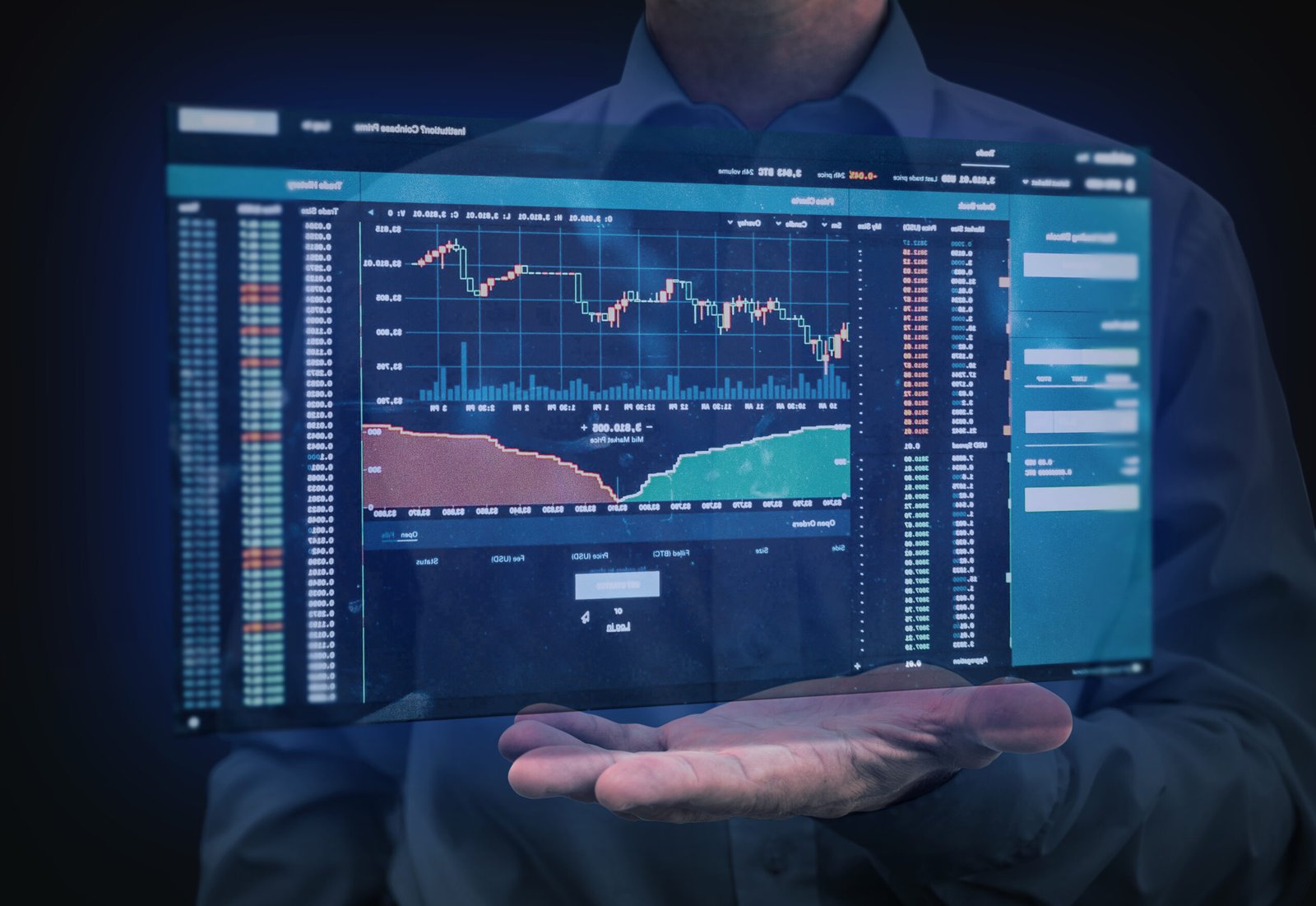ETF (Exchange-Traded Fund)
Features

Invest in exchange-traded funds (ETFs) that track stock indices, sectors, or asset classes, providing diversified exposure to Indian financial markets.
ETFs offer a low-cost investment option with lower expense ratios than actively managed funds.
Enjoy liquidity and flexibility by trading ETFs on stock exchanges during market hours, just like individual stocks.
Gain diversification by investing in a basket of stocks or assets within a specific index or sector.
Benefit from potential capital appreciation and dividend income based on the performance of underlying assets.
Questions about service
01. What is an ETF (Exchange-Traded Fund)?
An ETF is a type of investment fund that trades on stock exchanges, similar to individual stocks. It typically tracks an index, commodity, or a basket of assets like stocks, bonds, or commodities.
02. How do ETFs work?
ETFs hold assets (such as stocks or bonds) and their prices fluctuate throughout the trading day as they are bought and sold on exchanges. Their prices are generally close to the net asset value (NAV) of the underlying assets.
03. What are the benefits of investing in ETFs?
ETFs offer lower expense ratios compared to actively managed mutual funds, providing cost-efficiency for investors. They provide liquidity as they can be bought and sold during market hours, flexibility in trading, and diversification benefits by investing in a portfolio of assets.
04. How do I invest in ETFs?
Investors can buy and sell ETF shares through our partnered brokerage account (IIFL securities), similar to trading individual stocks. ETFs can also be purchased through online trading platforms or financial advisors.
05. What types of ETFs are available?
ETFs are available that track various indices (like Nifty 50, Sensex), sectors (technology, healthcare), commodities (gold, oil), or asset classes (equities, bonds). They cater to different investment objectives and risk profiles.
06. What are the risks associated with investing in ETFs?
Risks include market risk (fluctuations in asset prices), liquidity risk (difficulty in selling ETF shares if trading volumes are low), and tracking error (difference between ETF performance and index performance).
07. How are ETFs taxed in India?
ETFs are taxed similar to equity funds in India. Long-term capital gains (held for more than 1 year) on equity ETFs are taxed at 10% without indexation benefit, while short-term gains (held for 1 year or less) are taxed at 15%.
08. Can ETFs provide income through dividends?
Yes, ETFs can distribute dividends to investors based on the income earned from the underlying assets (like dividends from stocks). Investors can choose to reinvest dividends or receive them as regular income.
